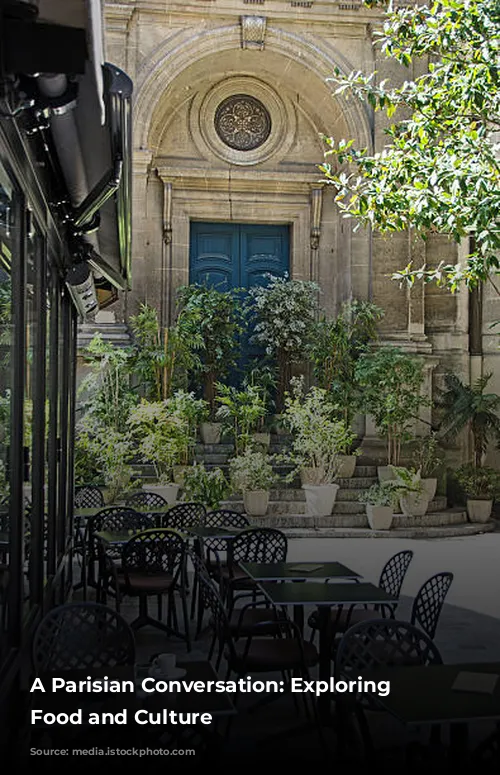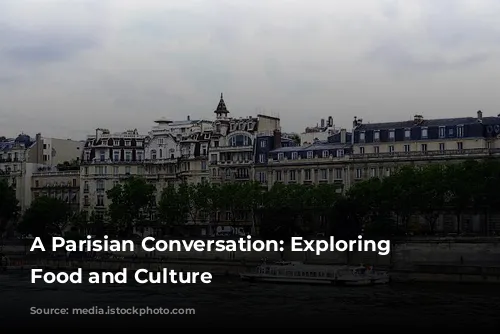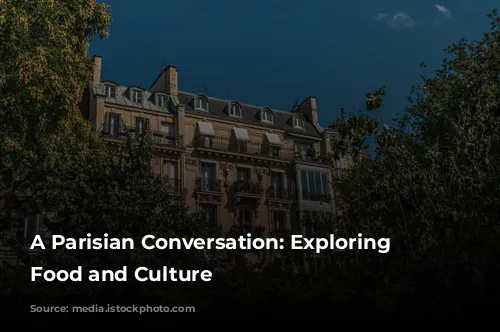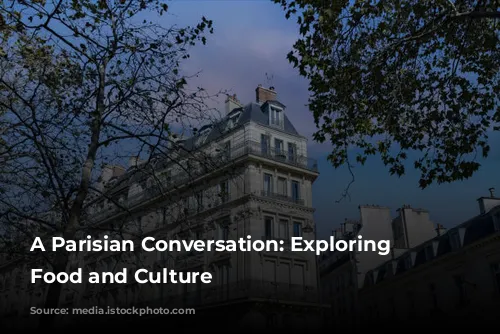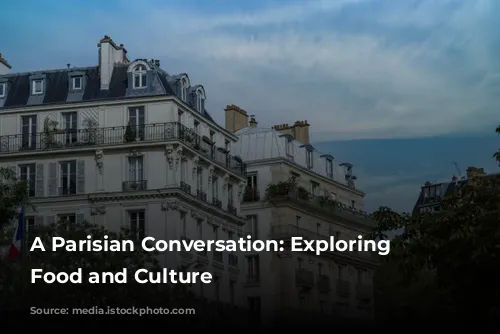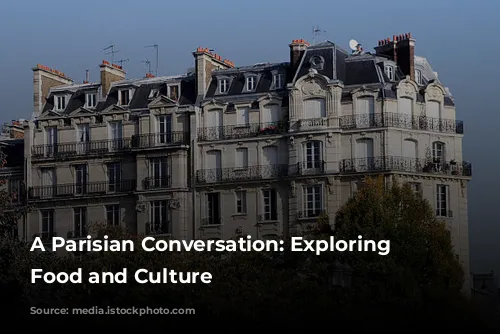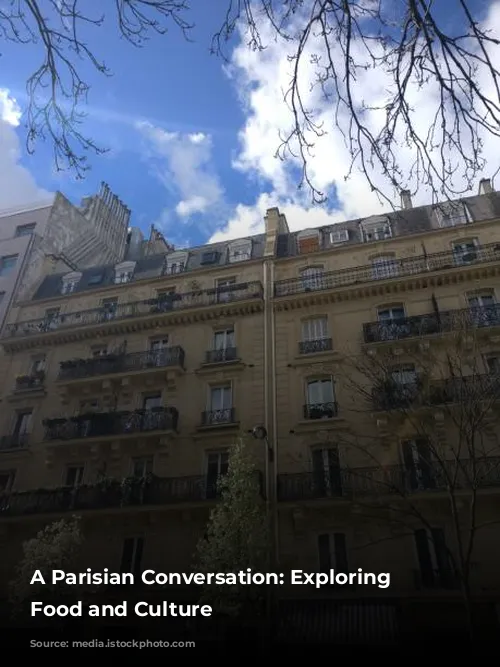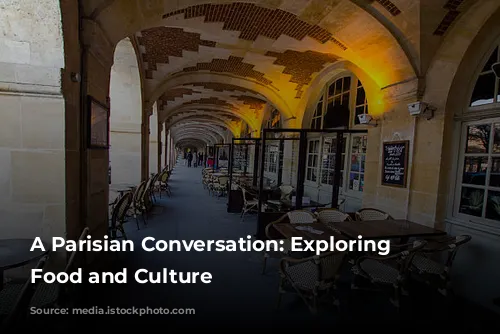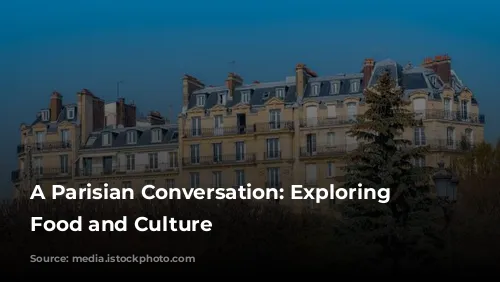Two acclaimed food writers, Alexander Lobrano and Clothilde Dusoulier, recently shared their insights on French food and culture with the Library staff at Hotel Amour. Their discussion, brimming with passion and humor, revolved around their recently published books, Hungry for France: Adventures for the Cook & Food Lover and Edible French: Tasty Expressions and Cultural Bites.
This engaging conversation over coffee, Perrier, and orange pressé revealed intriguing perspectives on French food culture.
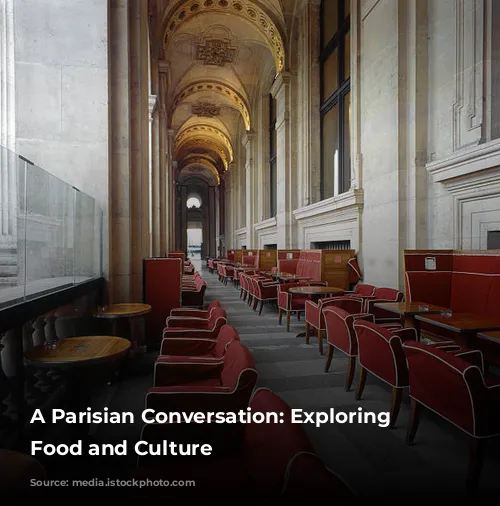
From Edible Idioms to Culinary Heritage
Clothilde Dusoulier, the author of Edible French, shared how her book came to be: “The spark for my book came from a dinner with American friends six years ago.” She reminisced, “The menu was decorated with French expressions, written in different styles. We had so much fun trying to understand these expressions and find English equivalents.” A friend suggested she turn this into a blog post, which eventually blossomed into a series and later a beautifully illustrated book.
Clothilde, the author of Edible French, reveals the journey of her book’s inspiration. It started with a casual dinner, a simple menu with captivating French expressions, and a friend’s suggestion to turn this into a blog post. Over time, the blog series grew into a beautiful book, captivating readers with its unique blend of food and language.
“I think my readers share both my love of food and language,” she mused. “My book is a way to bring those two interests together.”
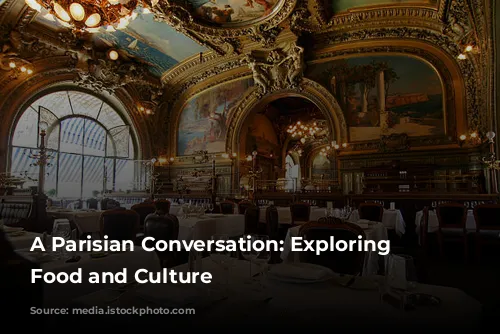
Beyond Restaurant Reviews: Exploring French Cuisine’s Evolution
Alexander Lobrano, author of Hungry for France, shared his observations about the evolving landscape of French cuisine. He explained, “I think one thing is that everybody attracts a different audience. I had a lovely message from some Australian banker the other day and he said, ‘when I see you’ve posted something it’s my little treat because you tell a story.'”
He emphasized, “I love food, I love restaurants, and you’re never just writing a restaurant review; there’s always much more going on.” Alexander’s writing offers a glimpse into the world of French food, beyond mere reviews, and his words resonate with those who seek a deeper understanding.
“It’s like a little keyhole into another life,” the banker had shared. This insightful perspective underscores the importance of storytelling in food writing, offering readers a unique connection to the world they are reading about.
Lobrano then pointed out, “There’s so much in the air right now. It looks like French food is falling apart in France. The old metronome of French food isn’t very good anymore.” He observed a shift in French cuisine, and he’s excited to explore this shift in his writing.
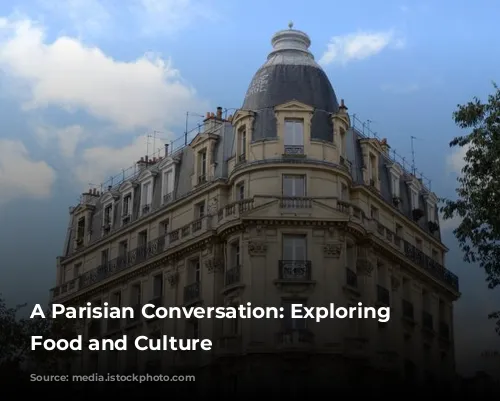
The Legacy of French Culinary Tradition
Clothilde Dusoulier highlighted the importance of transmission in French culinary culture: “I think that something big in the French culinary culture is the transmission. It’s the idea of passing something over.”
“The apprentices leave the regular school system at 14 and begin their training.” she shared, “There’s really that sense that it’s older men training younger men, teaching them everything, not just about food but also about life.”
This tradition creates a strong bond between the apprentice and the master chef, forging a parent-child relationship that extends beyond food. It reflects a deep sense of responsibility among French chefs to mentor the next generation, ensuring the continuity of their culinary heritage.
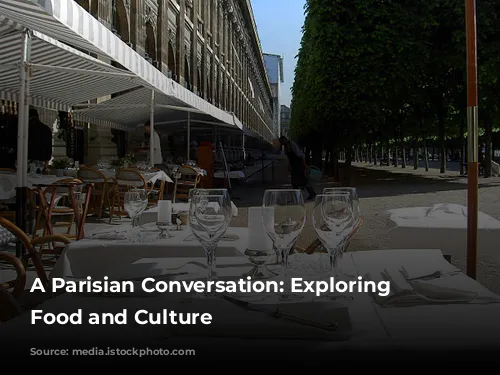
A Contrasted Culinary Landscape
Alexander Lobrano contrasted the French approach to culinary training with the situation in America, where cooking was traditionally seen as a feminine domain, relegated to home economics classes: “It’s in such contrast too when you look at the culinary landscape was in America where it was for a long time outside of hotel kitchens cooking was female and the fact that it was taught in school as home economics. What a poisonous, sad, ugly thing is that?”
He further explained, “What a poisonous, sad, ugly thing is that? It reflected a real situation of if the day you get married you had no idea how to run a household and you up and spends everything that your husband earns on silly things and wasting stuff, that’s not good for society.”
He playfully added, “Or if you don’t know how to make a nice meatloaf he might go next door. You had better be careful!”
This contrasting comparison highlights the different societal contexts and how they influenced the perception of cooking and culinary training in France and America. It also exposes the lingering impact of traditional gender roles on culinary education.
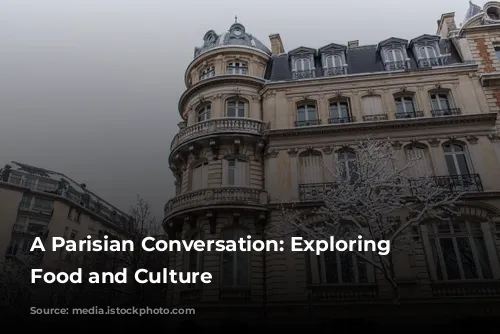
A Shared Passion: Food and Language
This insightful conversation sheds light on the evolving nature of French cuisine, the importance of culinary transmission, and the cultural nuances that shape food traditions. It’s a testament to the power of food as a language, a universal connector that transcends borders and cultures.
